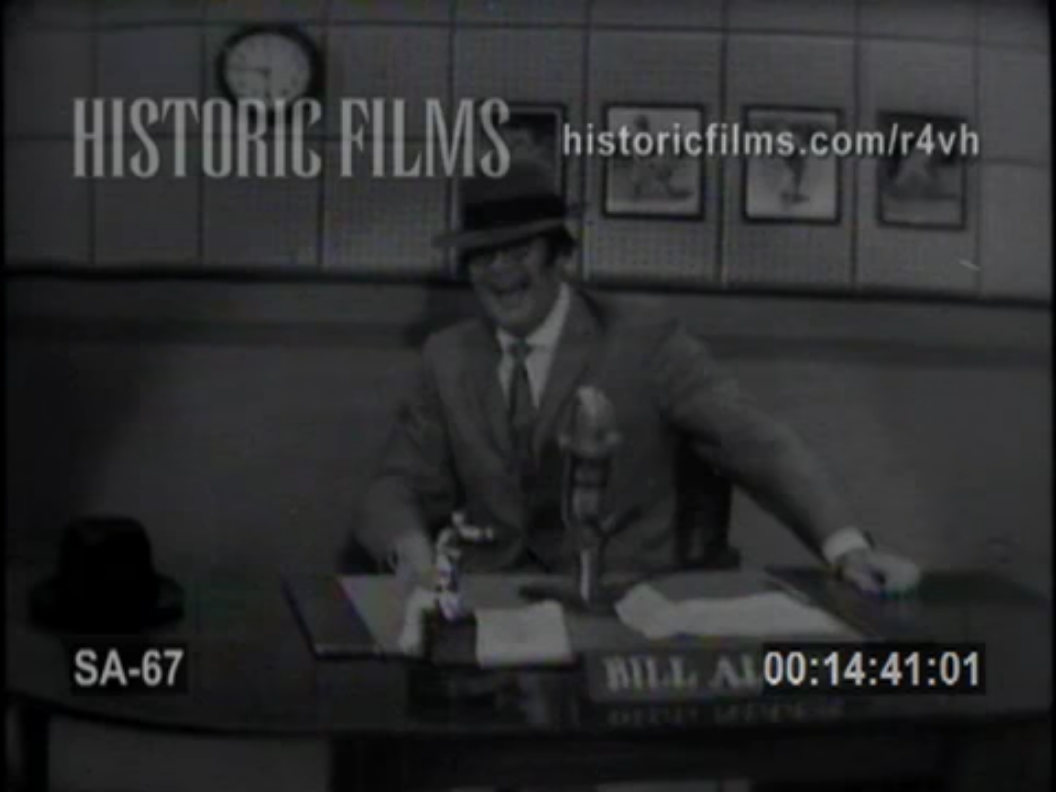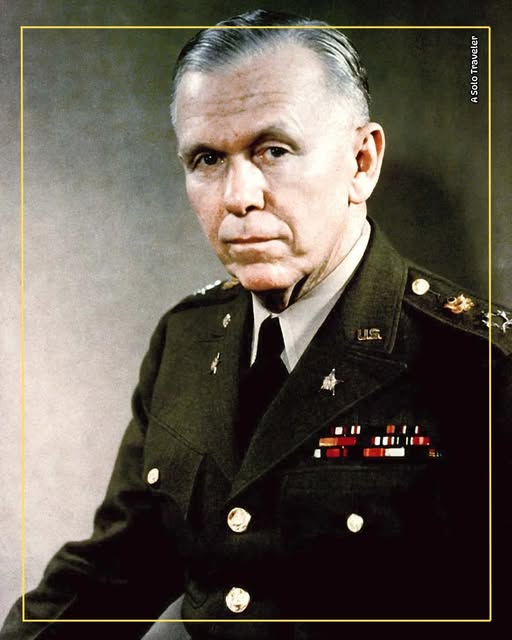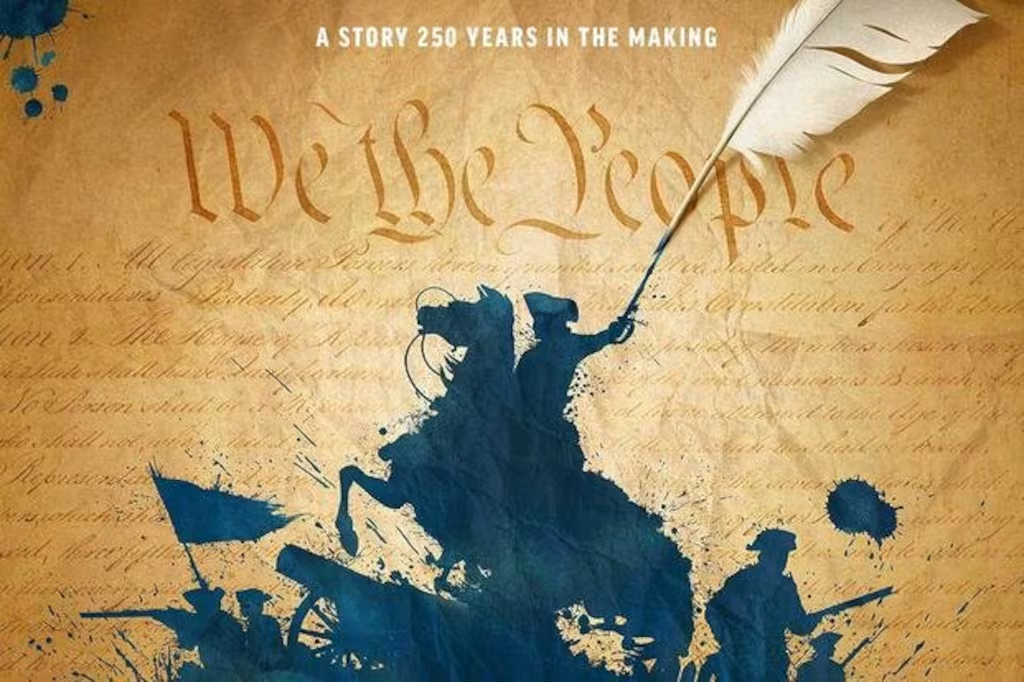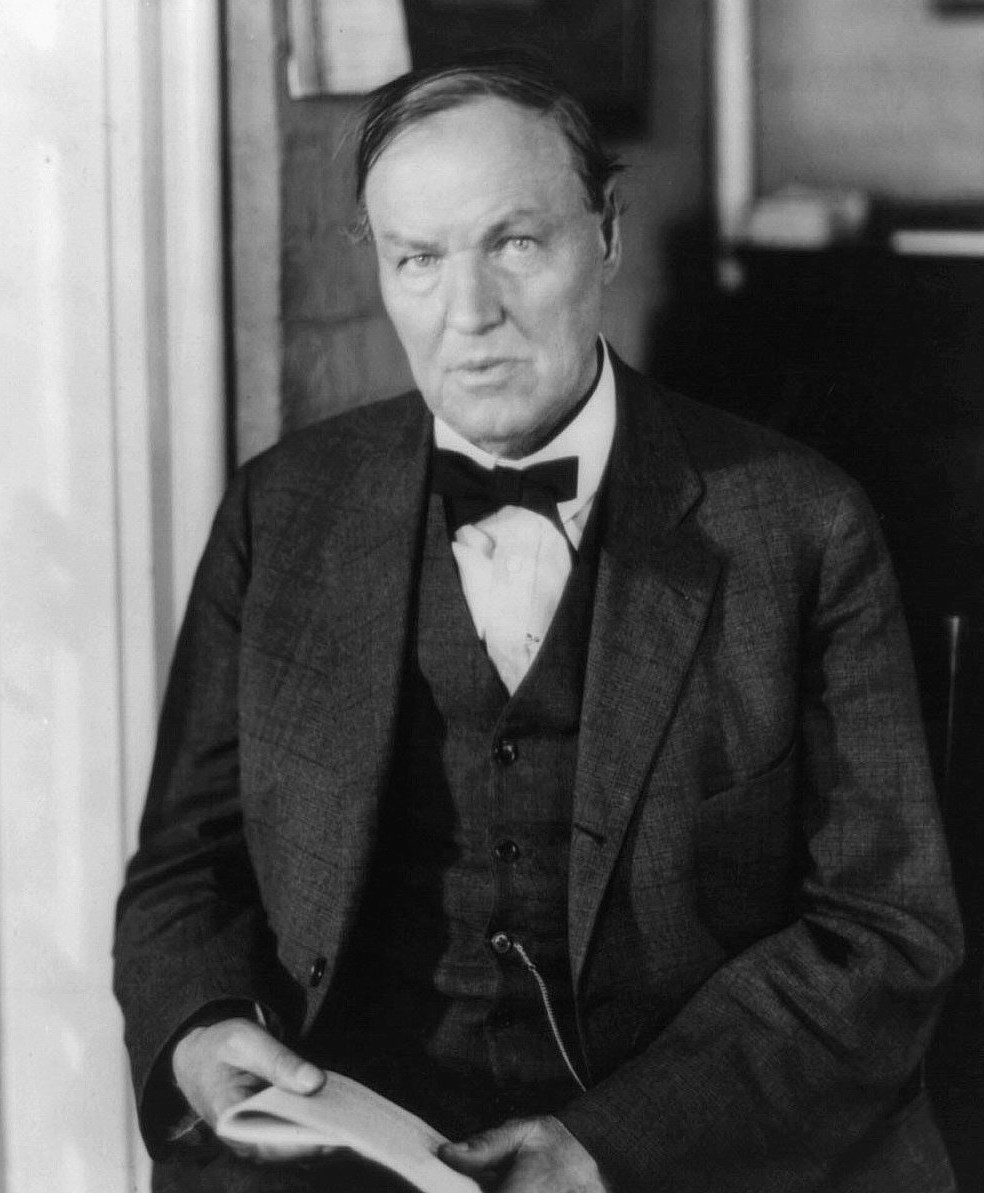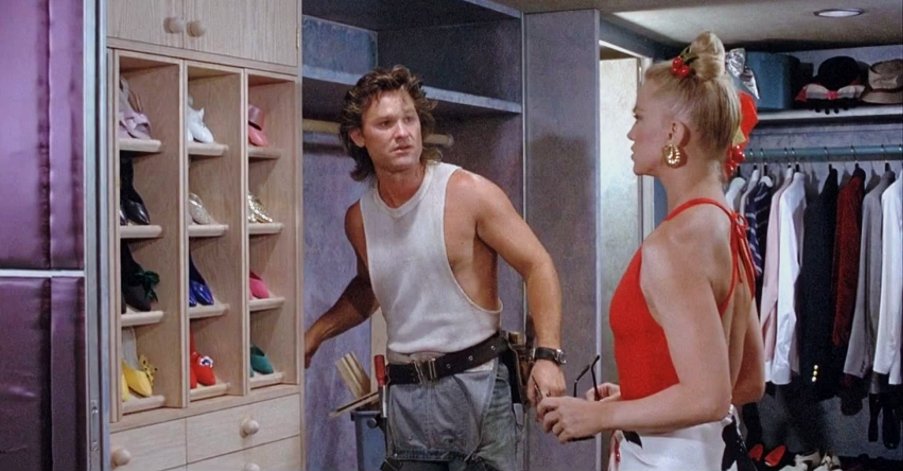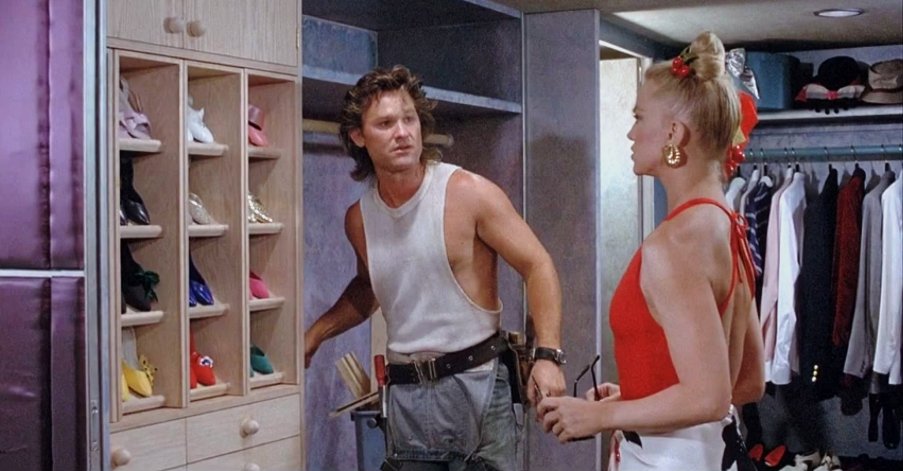
Hands down, my wife’s favorite movie – the one she watches till the end, no matter when it started – is Overboard; that over-the-top, can-see-the-ending-a-mile-away romantic comedy starring Goldie Hawn and real-life partner Kurt Russell.
Joanna Stayton (Hawn), is a wealthy, stuck-up, supremely bored heiress traveling the world, apparently, on one of the largest private yachts imaginable, because her husband Grant Stayton III is busy watching Lifestyles of the Rich and Famous to see if his yacht made the top ten.
Dean Proffitt (Russell) is the down-to-earth, struggling carpenter who’s trying to scratch-out a living while raising four rambunctious boys on his own after the death of their mother.
After building a new closet for Stayton (even her name sounds stuck-up) on her yacht, Russell gets stiffed for the payment because the closet is made out of oak instead of cedar.
“Well,” she bellows, “the entire civilized world knows that ALL closets are made of CEDAR.” and, “I’m not going to pay for your mistake.”
That’s when Proffitt let’s her have it: “You are so goddamn bored, you have to invent things to bitch about! You don’t have a single thing to do on this earth except for your hair! The closet was fine; you just needed something to fill up your useless, nail-polishing, toe-polishing, rich bitch, sun-tanning days!”
Overhearing below deck, the crew starts cheering recognizing Stayton’s M.O.
In short order, Stayton falls overboard; gets rescued by a garbage scow; a local TV station reports a missing woman who has amnesia; Proffitt identifies her as his lost wife in order to get her to take care of his kids and help around the house in order to pay off the money he lost on the closet.
“Zippedy Doo-Dah. Zippedy Yay,” Proffitt sings. “My, oh my, I got a wonderful slave.”
During the process, Stayton discovers what it means to actually care about someone other than herself, and Russell discovers someone who can actually create structure for his family; in the end, both discover they’re in love.
What does any of this have to do with ethics?
Well, according to a study by Matthew Grizzard, Allison Z. Shaw, Emily A. Dolan, Kenton B. Anderson, Lindsay Hahn and Sujay Prabhu, entitled Does Repeated Exposure to Popular Media Strengthen Moral Intuitions?, plenty!
In a story by Tom Jacobs in Pacific Standard magazine (Dec. 12), quoting the study: “Repeated exposure to romantic films led to increases in sensitivity for four of the five moral intuitions … At the same time, any exposure to action films seemed to erode those changes.”
Jacobs uses psychologist Jonathan Haidt’s “moral intuitions” as a framework. “He breaks down our basic ethical impulses into five categories: Harm/care (aversion to the suffering of others); fairness; loyalty; respect for authority; and purity (both biological and metaphorical).” …
“Grizzard and his colleagues,” Jacobs continues, “decided to explore how repeated exposure to specific film genres would affect sensitivity to each of these ethical impulses. Their study featured 87 university students who watched a double bill of movies each week for five weeks.
“Participants were broken down into four categories. One-quarter exclusively watched romantic films, while another quarter saw only action movies. For the others, the ratios were 60–40 romantic, or 80–20 action.
“At the beginning of the study, and again at the end, participants filled out the 30-item Moral Foundations Questionnaire. They expressed their level of agreement with statements such as ‘Justice is the most important requirement for a society’ and ‘People should be loyal to their family members, even when they have done something wrong.’ They also noted how relevant certain factors were to their concept of right and wrong, including preventing suffering, showing a lack of respect, and denying someone’s rights.
“The key result,” Jacobs writes, “Participants who exclusively watched the romantic comedies increased their ethical sensitivity over the five weeks. By the end of the study, they were more attuned to four of the five moral intuitions (‘purity’ being the exception).
“This was not true for any of the other participants, which suggests that the sensitivity-increasing influence of the romance-oriented films was negated by the more brutal action movies.”
While the results are interesting, I would like to see a much larger and broader sampling beyond 87 college students.
Nonetheless, using the six core ethical values promoted by The Josephson Institute of Ethics (Trustworthiness, Respect, Responsibility, Justice & Fairness, Caring and Civic Virtue & Citizenship), that I utilize in my own work, I watched Overboard, again, making the following ethical observations:
The Hawn character begins as stuck-up shrew, but ends up becoming a more humble, respectful, caring individual.
The Russell character, while seeking justice, clearly uses the self-serving end-justifies-the-means strategy. By the end of the film, he takes full responsibility for his behavior coming to understand that all individuals, even stuck-up heiresses, deserve the right of self-determination and respect. There’s also a generous dose of The Golden Rule, to boot.
In the end, both characters have changed for the better.
While watching Miracle on 34th Street recently, I discovered similar positive changes. Cynical single mother raising equally cynical seven-year-old daughter comes to understand what it means to have faith in others including things that are beyond common sense.
And me, I become more optimistic.
Comments


